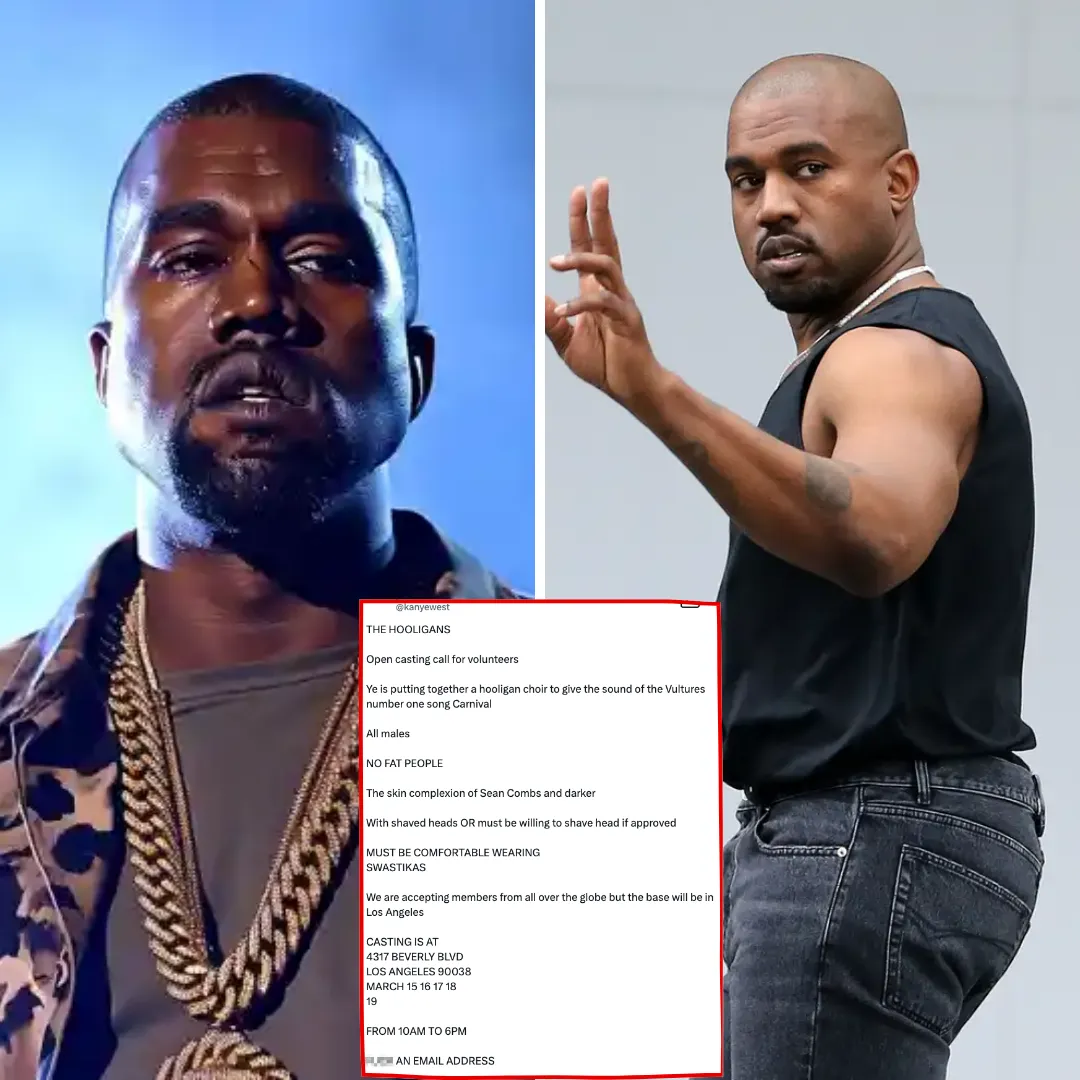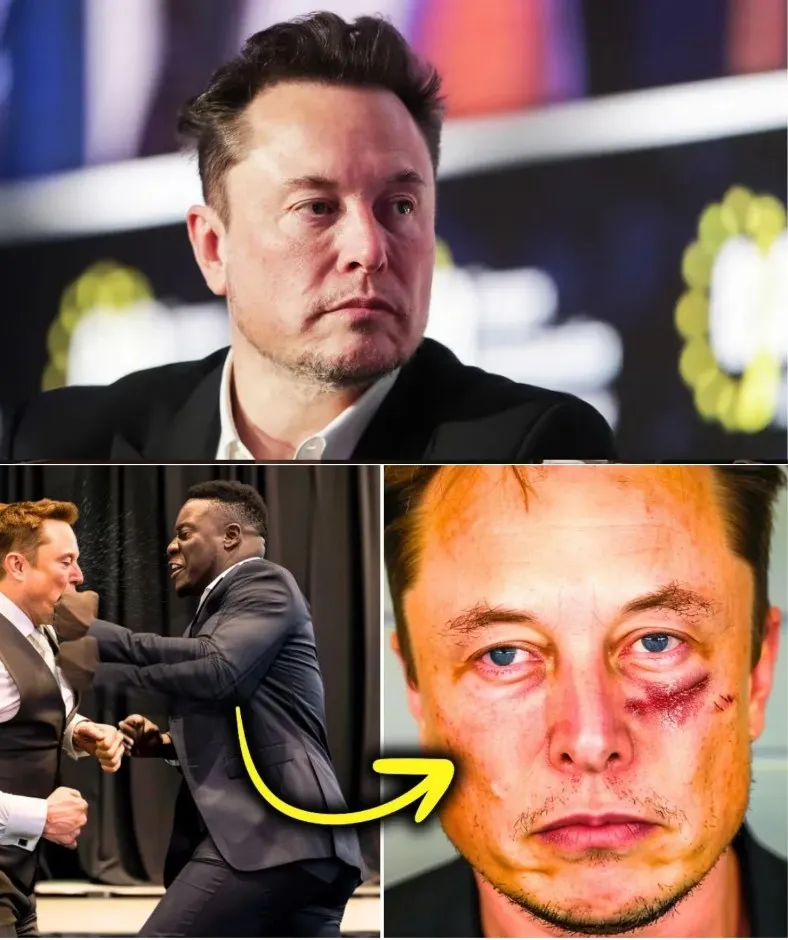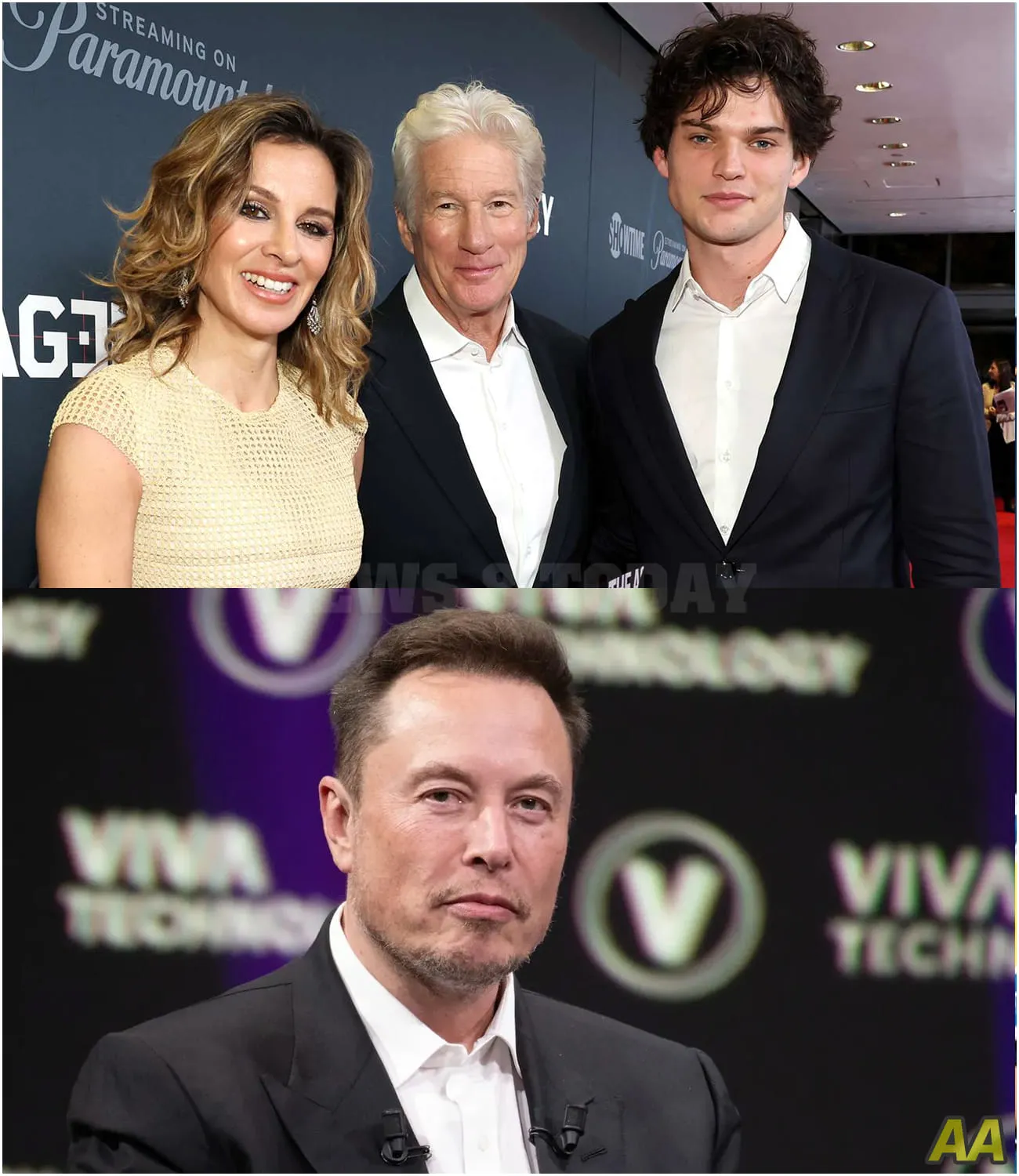
Elon Musk, the billionaire entrepreneur and CEO of companies like Tesla and SpaceX, has once again found himself at the center of a heated debate. This time, the controversy stems from a tweet he posted asserting, "No biological men in women's sports." Accompanied by a 🚫⚽ emoji, the post immediately triggered a torrent of responses across Twitter, sparking a polarized discussion about inclusivity, fairness, and the evolving landscape of gender identity in competitive sports.
The tweet, concise but controversial, came at a time when discussions about transgender athletes' participation in sports have already been a hot-button issue. Musk’s remark was widely interpreted as his stance against the inclusion of transgender women in female sports categories. Advocates for transgender rights were quick to denounce his statement, labeling it as discriminatory and dismissive of the challenges faced by transgender individuals. Meanwhile, supporters of Musk’s position applauded him for addressing what they perceive as a fundamental fairness issue in sports competitions.
Social media platforms became the battleground for passionate arguments on both sides of the debate. Proponents of Musk’s view often cited scientific studies that highlight physiological differences between cisgender women and transgender women who transitioned after puberty. They argued that these differences could offer competitive advantages in certain sports, potentially undermining the principles of fair play. On the other hand, critics emphasized the importance of respecting gender identity and the rigorous processes many sports organizations have in place to ensure fair participation for transgender athletes.

The broader implications of Musk’s tweet have extended far beyond the sports world. It has reignited discussions about the intersection of science, ethics, and human rights. Many saw the tweet as emblematic of a growing cultural divide over how societies approach complex issues like gender and equality. While Musk is no stranger to controversy, his comment on this particular subject touched a nerve, drawing attention from both media outlets and policymakers.
For many, Musk’s involvement in this debate seemed unusual given his primary focus on technology, space exploration, and artificial intelligence. However, Musk has increasingly used his Twitter platform to weigh in on social and political issues, often with provocative or polarizing statements. His influence as a public figure ensures that his opinions carry significant weight, sparking reactions that range from outrage to admiration.
The timing of the tweet also raised questions about its intent. Some critics speculated that it was a calculated move to stir controversy, drawing attention to himself or one of his ventures. Others suggested Musk was merely expressing a personal opinion without anticipating the intensity of the backlash. Regardless of the motive, the fallout has underscored the powerful and sometimes volatile role social media plays in shaping public discourse.
Organizations representing transgender athletes have since issued statements condemning Musk's tweet. They argue that such remarks perpetuate harmful stereotypes and marginalize individuals who already face significant barriers in sports and society. Advocacy groups also stressed the need for nuanced, evidence-based discussions about transgender inclusion, rather than the polarizing rhetoric that often dominates social media.
Conversely, Musk’s defenders argue that his statement highlights a legitimate concern about safeguarding women’s sports. They point to instances where transgender athletes have achieved dominance in competitions, suggesting that these cases call into question the balance between inclusivity and fairness. This argument resonates with some female athletes who have expressed frustration over competing against transgender women, particularly in physically demanding sports.
The issue of transgender inclusion in sports remains deeply divisive, with no easy solutions in sight. Policies governing transgender athletes vary widely across organizations and countries. Some governing bodies, such as the International Olympic Committee, have implemented guidelines based on testosterone levels and other criteria. However, critics argue that these policies do not fully address concerns about competitive fairness or the complexities of gender identity.

In the aftermath of Musk’s tweet, prominent figures from various fields have weighed in, adding further fuel to the debate. While some applauded Musk for voicing an unpopular opinion, others criticized him for oversimplifying a multifaceted issue. The tweet has also reignited calls for broader conversations about gender inclusivity, fairness, and the role of public figures in shaping societal values.
Elon Musk’s influence ensures that his statements rarely go unnoticed, but this latest controversy highlights the challenges of addressing sensitive topics in the age of social media. With debates over transgender inclusion in sports already marked by deeply held beliefs and conflicting values, Musk’s tweet served as both a flashpoint and a reflection of the broader cultural divide. As discussions continue, it remains clear that the intersection of sports, science, and gender identity will be a contentious issue for years to come.



